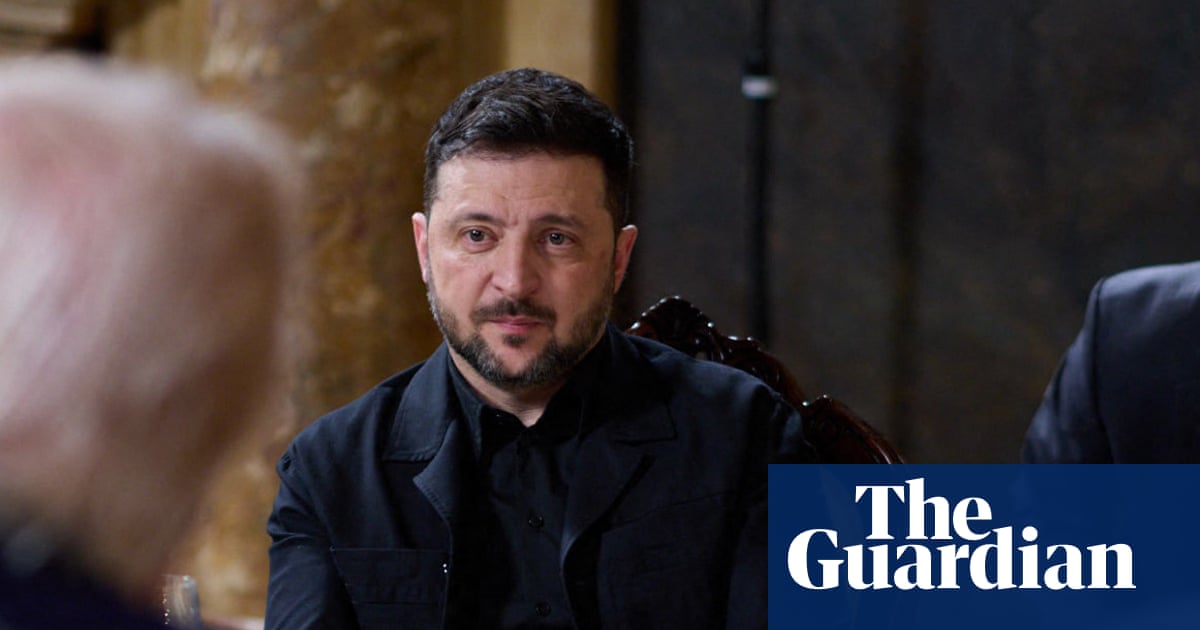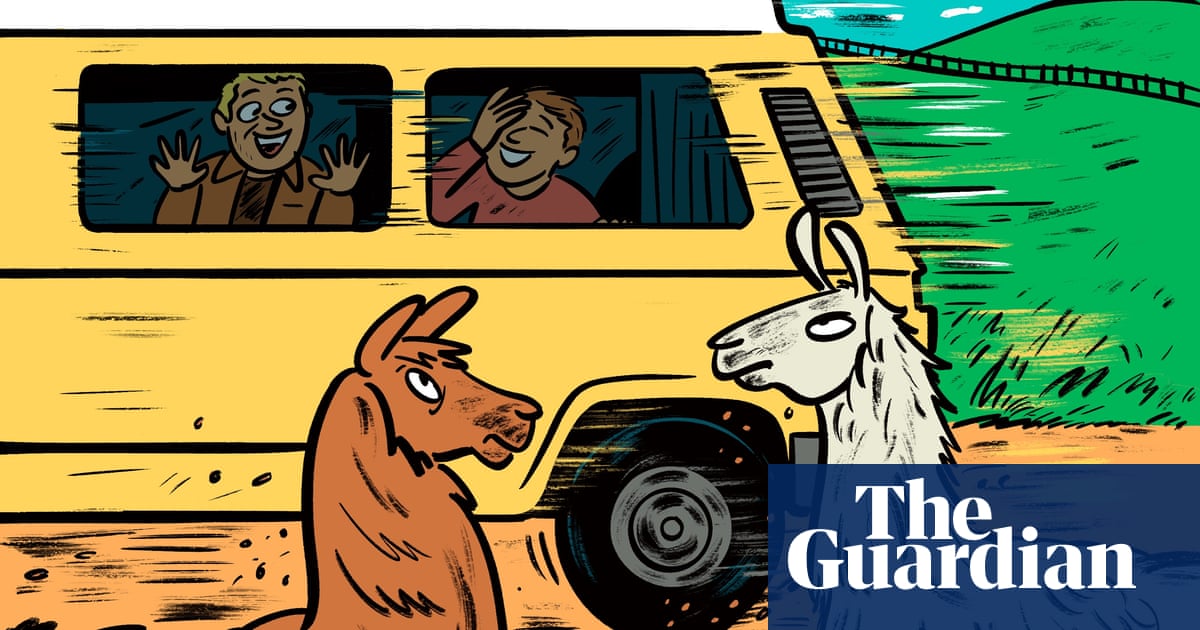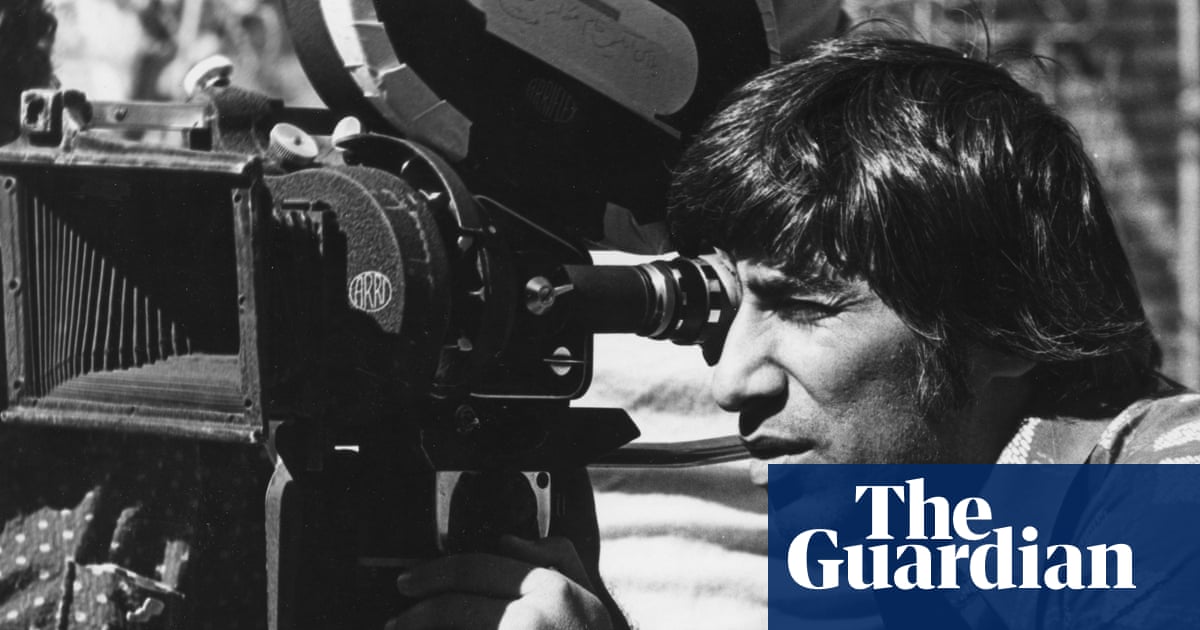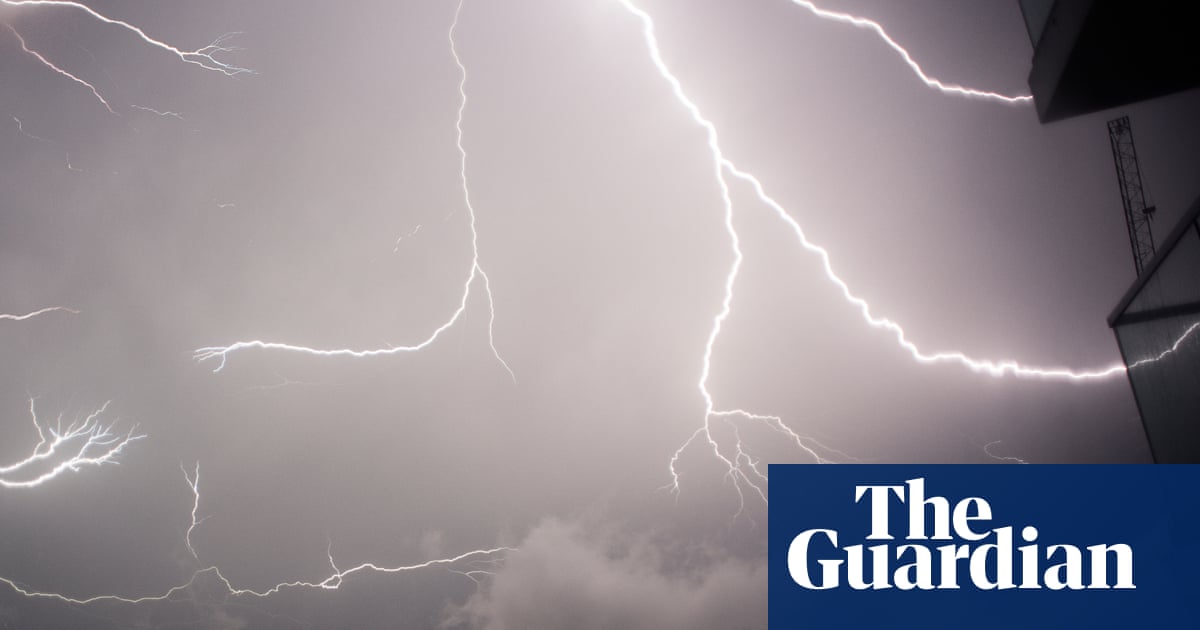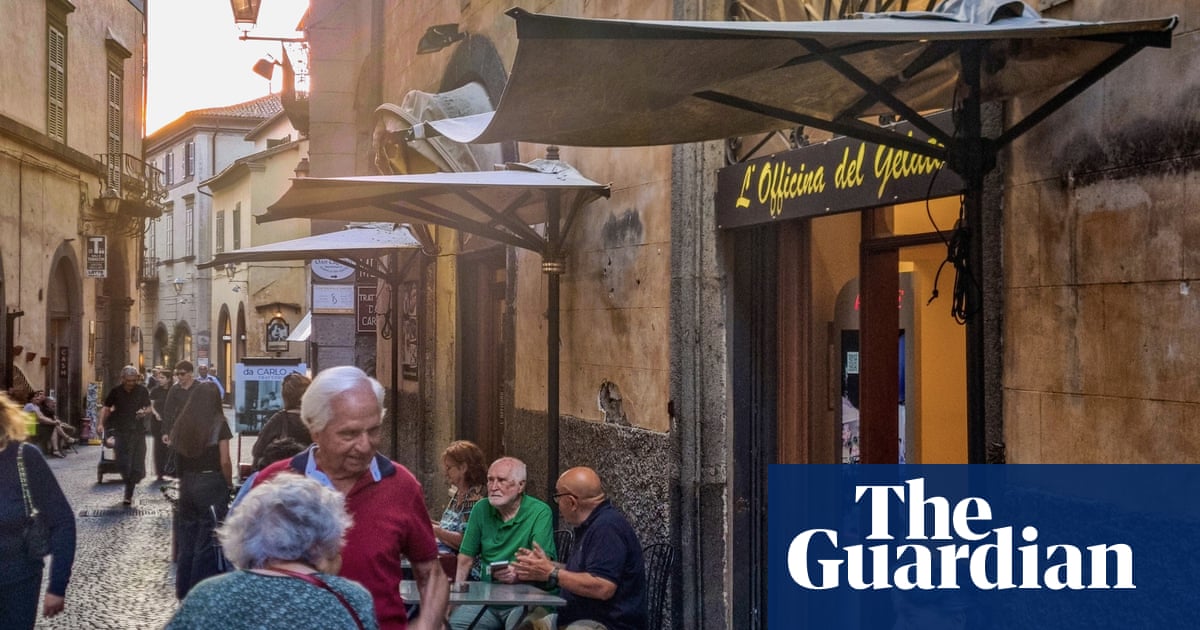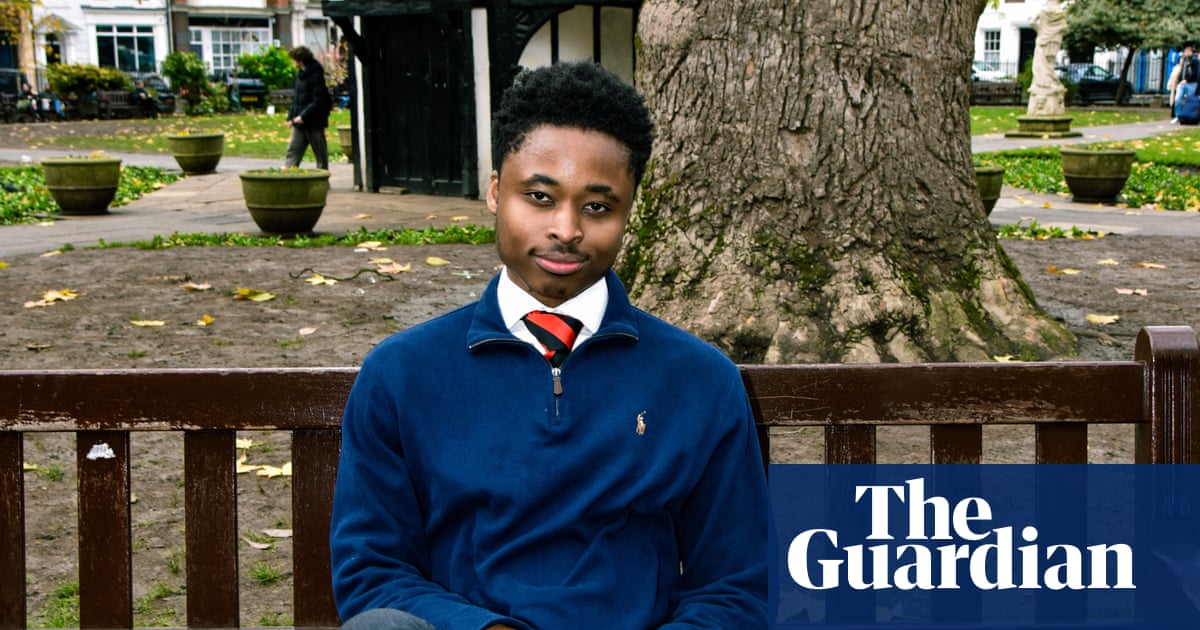Welsh musician Cerys Hafana’s first release on the brilliant subsidiary of Hamburg-based global music label Glitterbeat explores the full sublime potential of its title, one all too often invoked to mean meekness and sweetness. Opening track Helynt Ryfeddol (An Incredible Ordeal) introduces a folk story about an old man drawn towards the purest music he has ever heard, sung by a bird, to which he listens until it stops. He returns home to find his house entirely changed and lived in by different people. Seven tracks later, the title track tells us that the bird was an angel, and that the man went away for 350 years, never to be seen again.
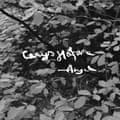
Angel is the third release by this piercingly beautiful singer and exceptional, adventurous musician in 18 months. (Their collection of precise piano instrumentals, Difrisg (Differing) was released by Instant Karma back in June, while 2024’s guitar-led EP The Bitter combined the eerie melancholia of Broadcast with a Welsh twist on sultry Americana.) The piano returns for Angel, but Hafana also builds striking patterns on their best-known instrument, the Welsh triple harp, and draws from Breton influences, including folk dance rhythms and a call-and-response technique, kan ha diskan.
Hafana’s approach is endlessly inventive. On Drexelius and the minimalist An Dro (A Turn), they dampen the triple harp’s resonant strings with the addition of Blu-Tack; their piano and Amie Huckstep’s saxophone dart around each other like hares on O’r Coed (Of the Woods), and Ursula Harrison’s incoming, icy double bass counters Hafana begging for the return of spring on Carol Mynyddog (Mountain Carol). Angel also nails delicacy in the iridescent Ffarwel i f’Ieuenctid (Farewell to My Youth) and Atsain (Echo), yet the album overall has a profound impact, hymning the life cycle, and the fantastical properties of music and time, to stunning effect.
Also out this month
Junior Brother’s The End (Strap Originals) is a rich, gnarly feast of a record, using the eerie folklore of Irish fairy forts, into which people can disappear, to mirror the disorientating realities of the modern world. Clashing flutes, growling drones, punk and polka squish around material inspired by Ireland’s National Folklore Collection. Junior Brother’s voice is also a mercurial cousin of Richard Dawson’s. Jon Wilks’ Needless Alley (Grizzly Folk) comprises 10 folk-rock-brightened, ambitious originals with moments that recall Pentangle (Montagu Whaler), the Mamas & the Papas (Could You Be the One?), and psych-pop (Mine Is the Sun). Ian Nyquist’s Gilded (Flood) is this month’s most intriguingly odd confection, mirroring the sound of the Irish bodhran through modelling software to soundscapes both primeval and sci-fi.

 3 months ago
43
3 months ago
43
